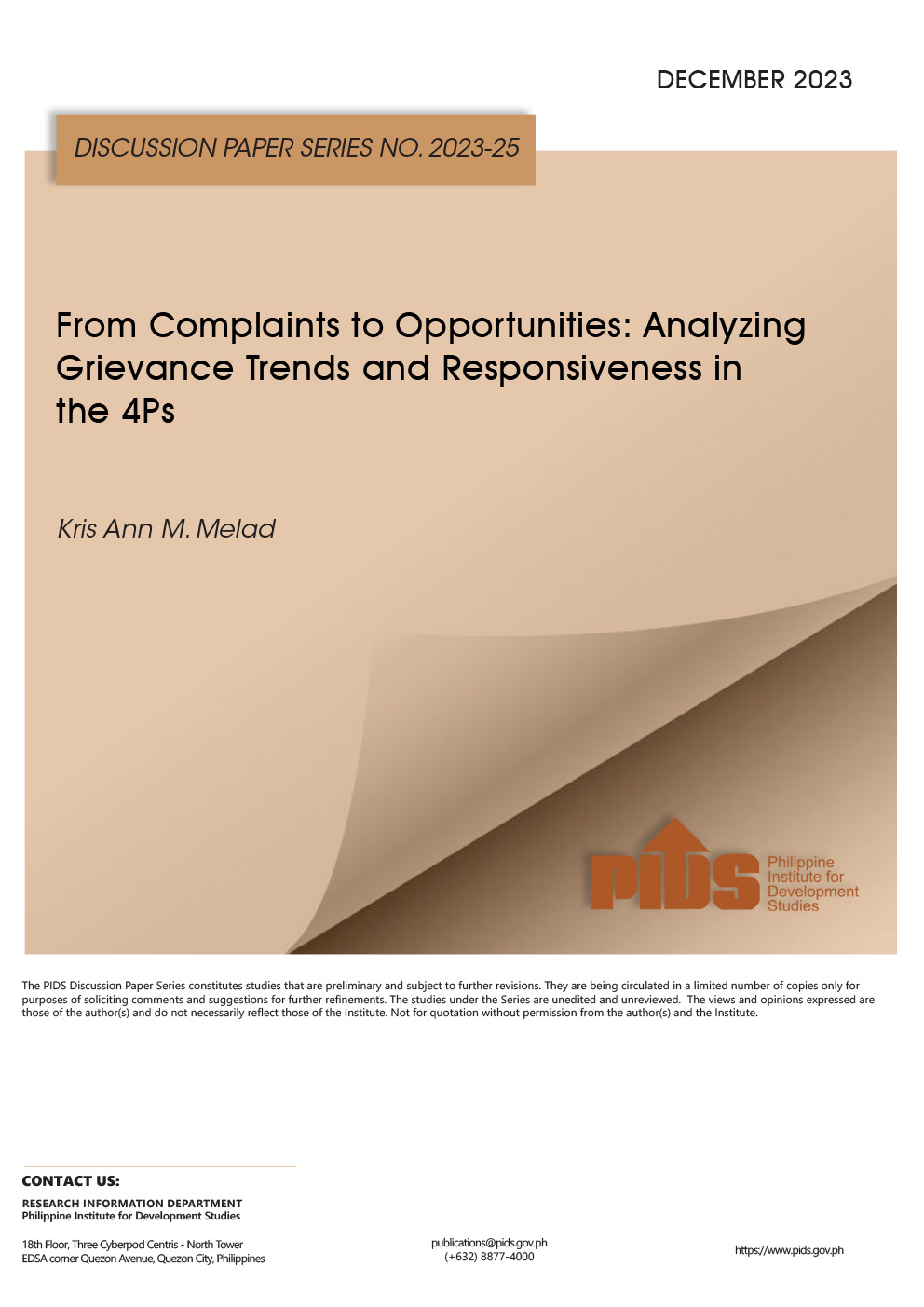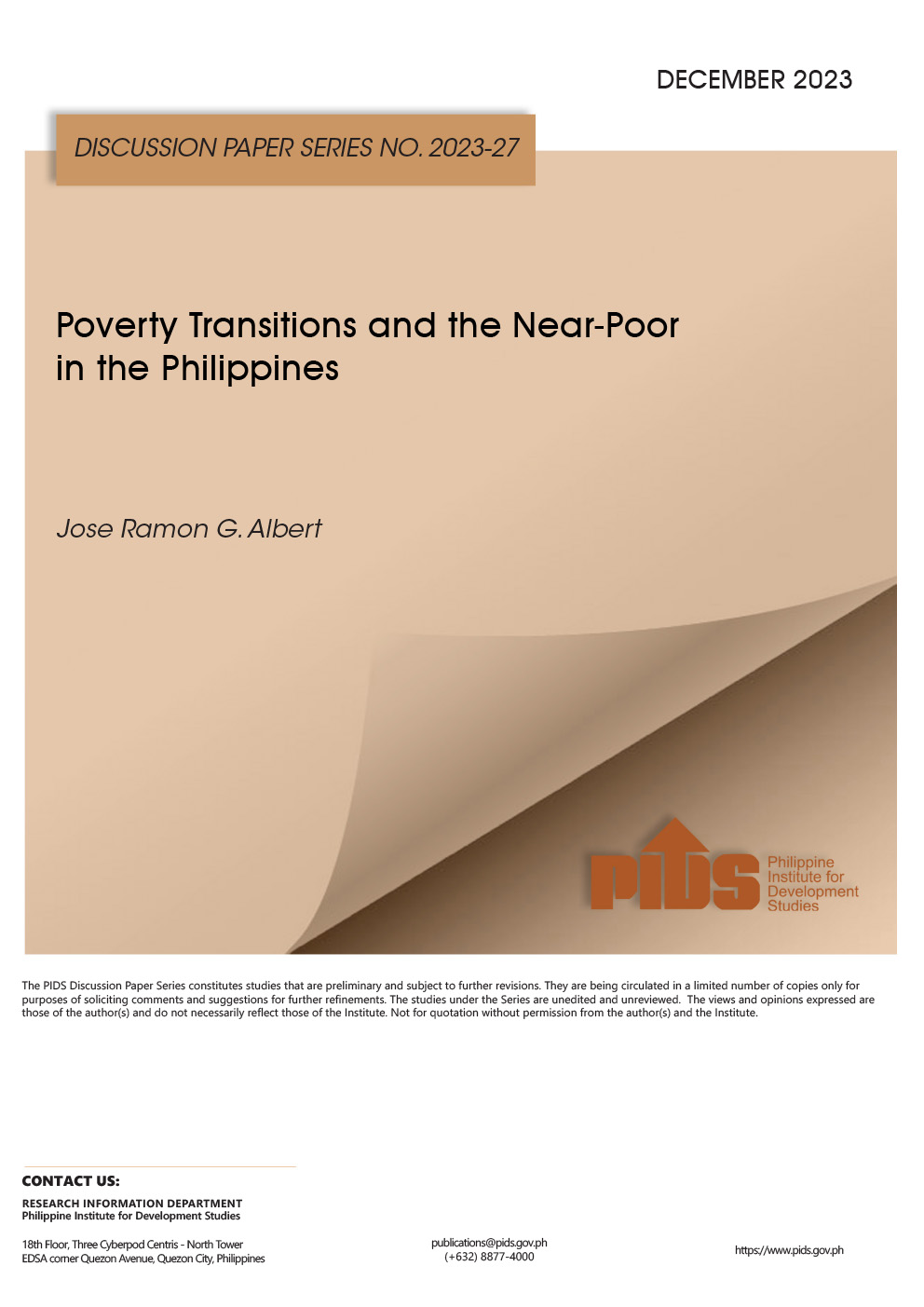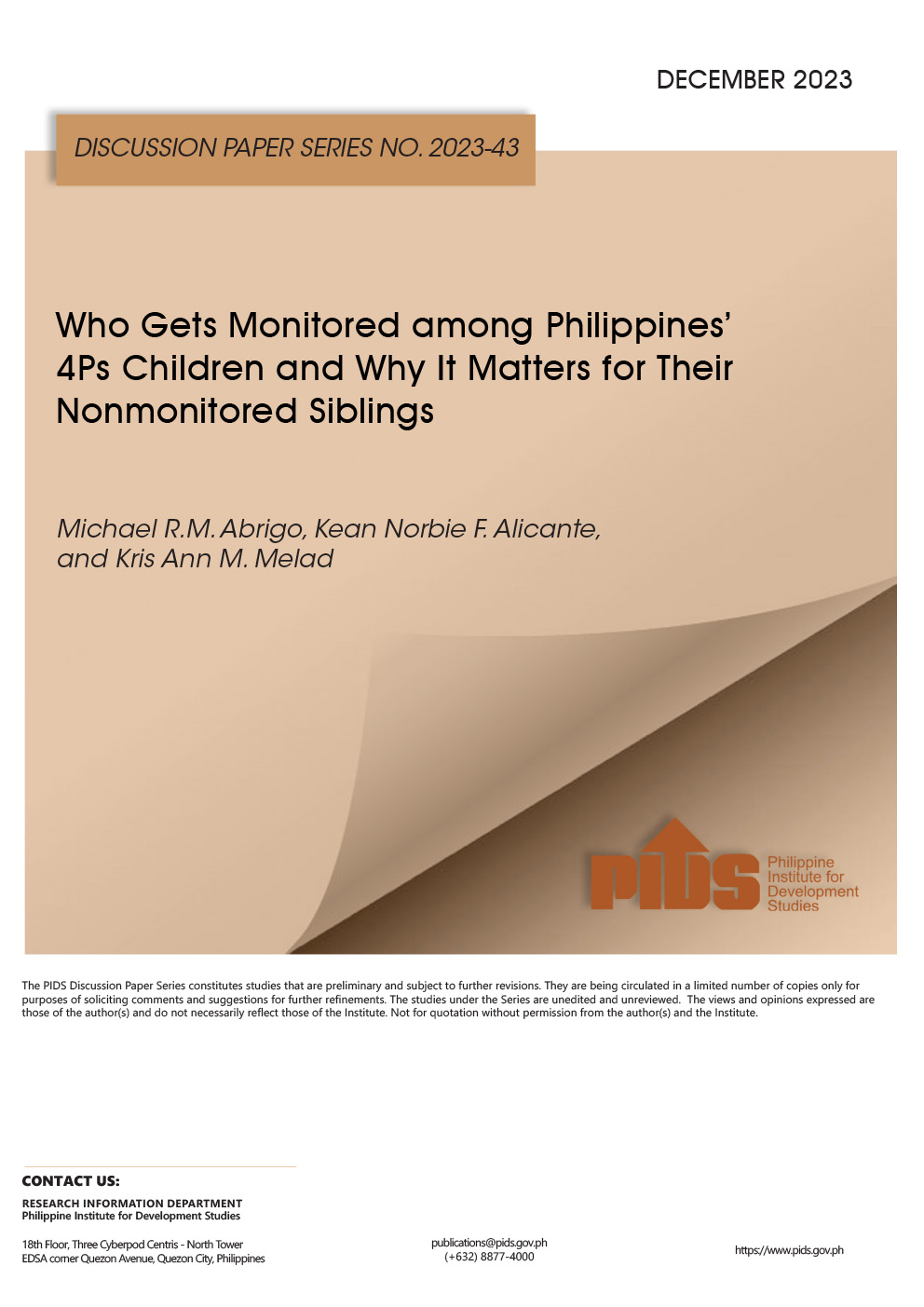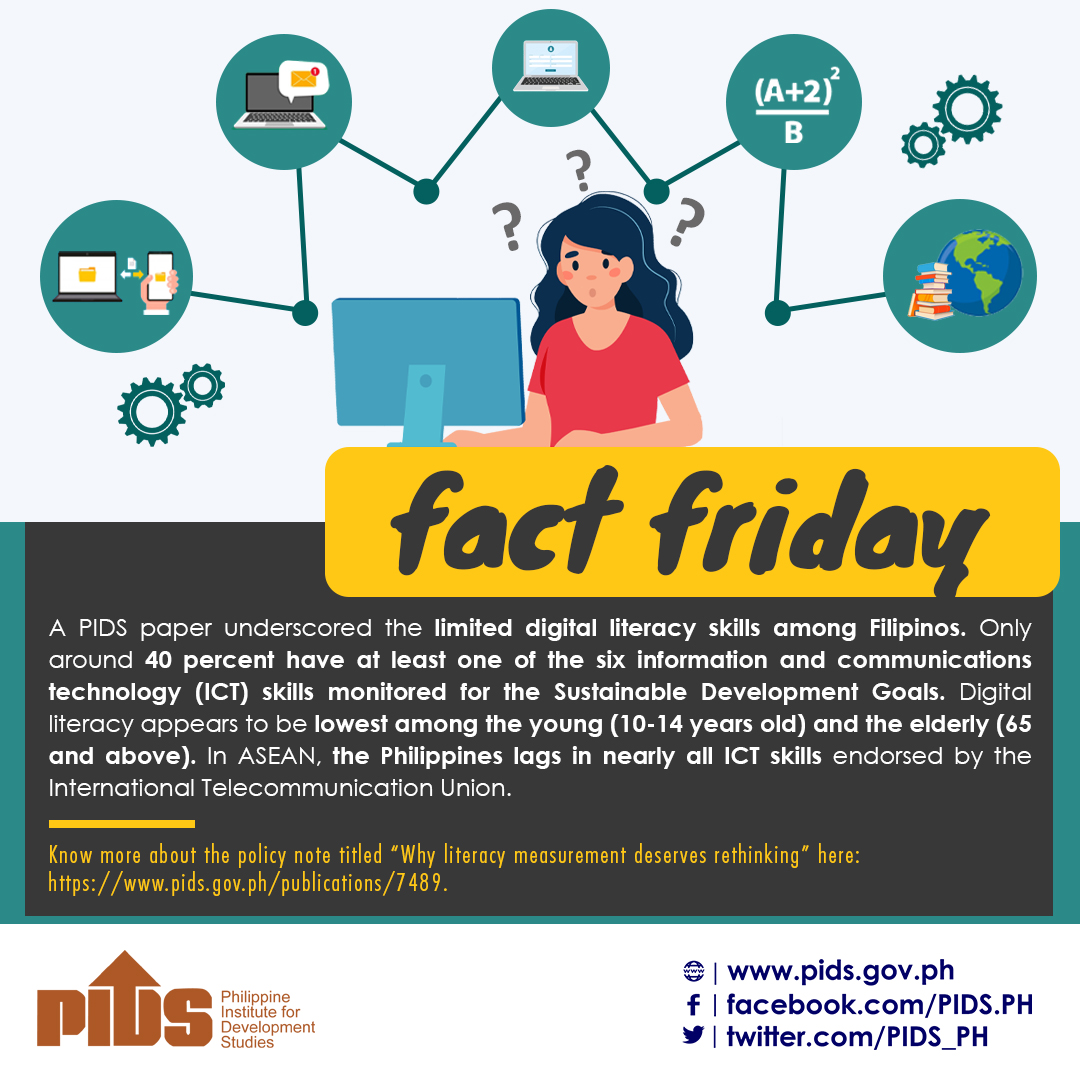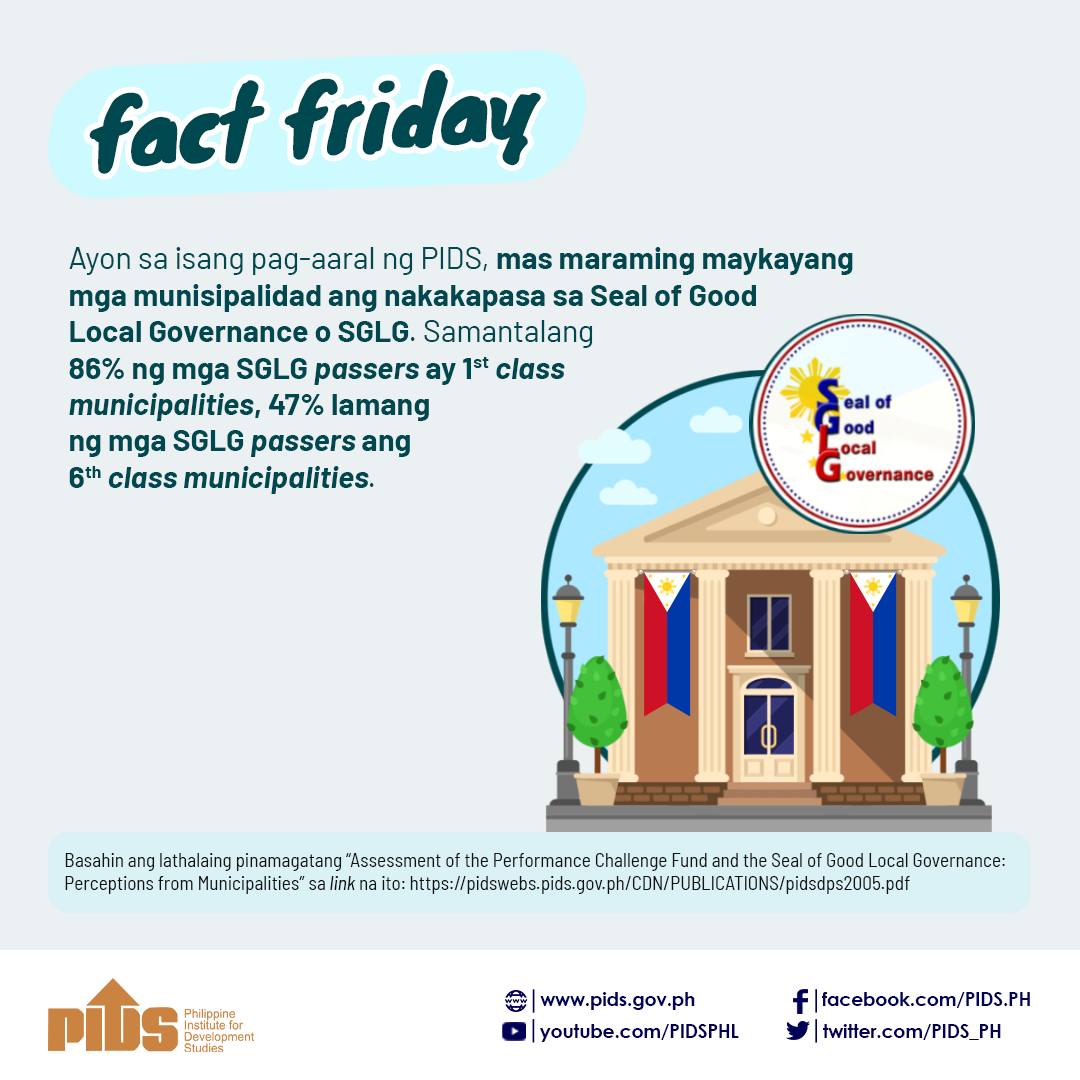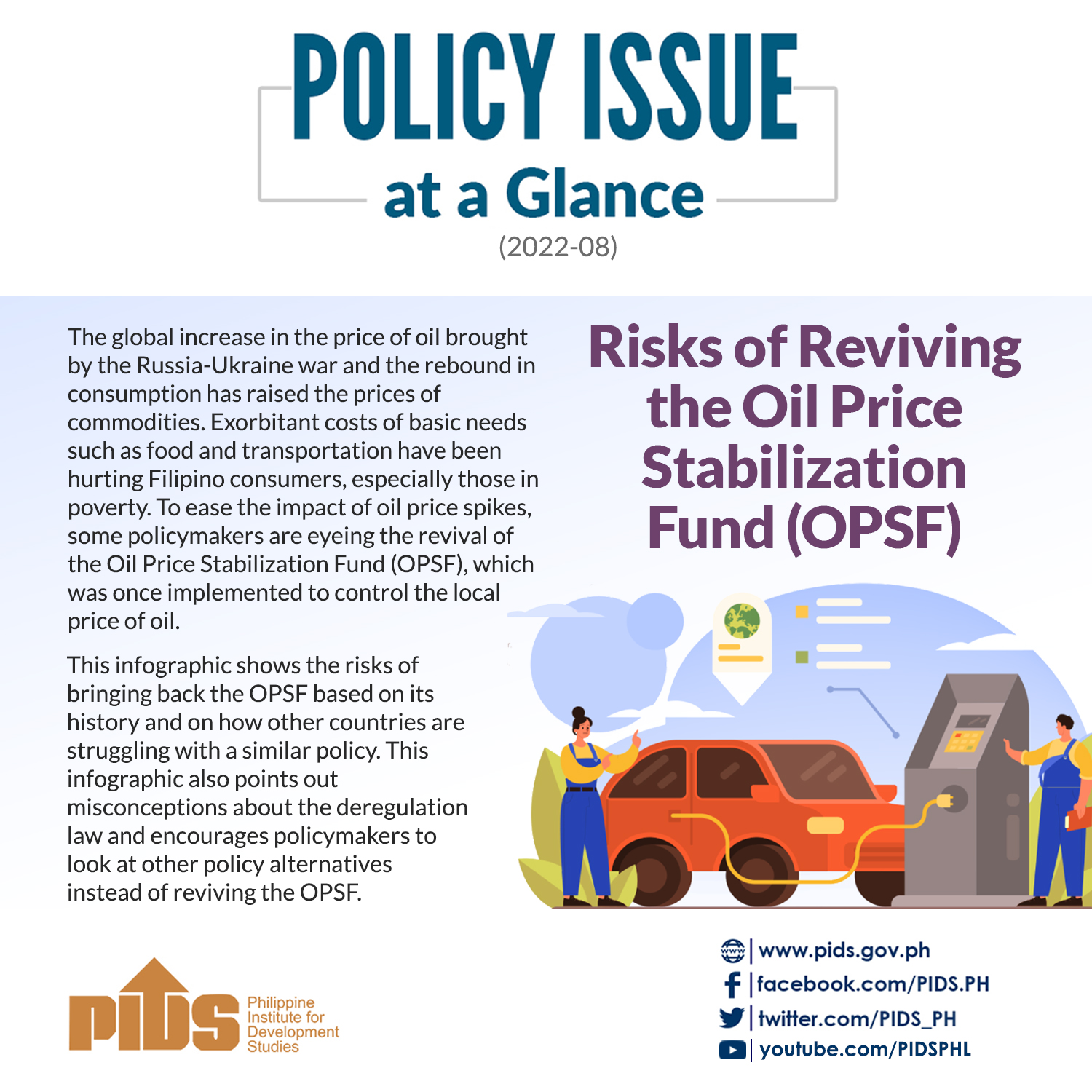MANILA, Philippines – On a humid Tuesday afternoon, 51-year-old Marites Gutierrez chops up a mix of eggplants, squash, and string beans which she sells for P70 per kilo. It is a job she’s been doing for 30 years at the Pasig public market.
In 2017, Marites decided to start paying contributions to the Philippine Social Security System. While there are other social security agencies like the Philippine Health Insurance Corporation (PhilHealth) and the Home Development Mutual Fund (Pag-IBIG), she only pays contributions at the SSS.
Marites has paid around P78,000 ($1,393) to the SSS over five years, with a monthly payout of P1,300 a month. She has around nine years to go before she can start availing pension as a senior citizen.
But with the proposed Maharlika Wealth Fund (MWF), the possibly hundreds of thousands worth of pension and other benefits she has with the SSS may be at risk in the future.
The MWF, which is moving fast in Congress, would gather P275 billion for government pension funds and banks to invest in big-ticket national development projects and other assets. Lawmakers propose to draw up P50 billion from the SSS for the MWF.
Other countries with sovereign wealth funds like Singapore, Hong Kong, Norway, and Kuwait source the money from excess funds, foreign reserves, or natural resource extraction profits. But the Philippines plans to take from government financial institutions, which may put pensioners’ contributions at risk.
The Maharlika fund has drawn sharp reactions from opposing lawmakers and economists as it may expose pensioners to higher risks, apart from the possibility of not having enough safeguards around its management.
Citing the Department of Social Welfare and Development, the Philippine Institute for Development Studies reported that there are 4,079,669 indigent senior citizens who are receiving P500 in social pension every month in 2022.
Ordinary Filipinos like Marites fear that the MWF may endanger their hard-earned pension money.
Just enough for maintenance medicine
While Marites anticipates her pension, 55-year-old Irene, who asked her real name be withheld, has been availing of her monthly P4,000 benefit from the SSS from her late husband’s contributions. It’s just enough to pay for her maintenance medicines for high blood pressure and diabetes.
The P4,000 every month is a “big help” for her health, as her five children have their own expenses to worry about. “Sa totoo lang, hindi ko alam [paano ko mabibili ang medisina] kasi hirap nga kami sa buhay din eh,” she said. (Honestly, I don’t know how I would be able to afford the medicine, because we’re already having a hard time as it is.)
Irene said she would not accept it if her benefits were compromised because of possible risks in the Maharlika fund.
“Hindi ako papayag. Mahirap naman ng ganon, kagaya ng sa akin, inasahan ko sa maintenance ko lang, tapos kukunin lang nilang ganon… Kawawa naman ang buhay namin. Hirap na nga, lalo pang nahirapan kung kukunin pa nilang maliit na pensyon lang. Maliit na nga lang, kukunin pa,” said Irene.
(I won’t allow it. That’s difficult, just like in my situation, I’m depending on it for my maintenance medicines, then they’ll just take it… It’s too hard for us. We’re already having a difficult time now, and we’ll have it even harder if they get our small pension fund. It’s already small, and they still want to take it.)
Irene highlighted how their day-to-day lives at present were difficult due to rising prices in goods and services. The Philippines recorded a 14-year high 8% inflation rate in November.
“Siyempre inoobliga mo na makapaghulog ka monthly, para pagdating ng time na kailangan mo na rin yung pinaghirapan mo siyempre magpepensyon ka, tapos wala, nakakasama ng loob ‘yun. Siyempre, meron at meron kang masasabi, bakit ganoon?” said Marites.
(You are obligated to pay monthly contributions so that when the time comes that you need the money you earned, you’d receive pension. And then you get nothing – that’s infuriating. You’d surely react and ask, why did that happen?)
Gloria Raymundo, who runs a small food stall near the Pasig market, also finds unacceptable the possibility that her pension funds may become inaccessible after years of paying at the SSS.
“Hindi puwede. Siyempre pera ko ‘yun, pinaghirapan namin ‘yun eh. [Gagamitin ko ‘yun para] sa kinabukasan din namin,” she said.
Gloria has been receiving P5,000 a month from the SSS also from her late husband’s pension, while paying P600 to the SSS for seven years for her own, that she will eventually receive once she becomes a senior citizen in eight years.
Overseas Filipino workers make SSS contributions from abroad as well. Migrante International, an OFW rights group, called the MWF “illegal and unjust” for using private funds for public purposes without proper compensation.
“It will take away funds from programs that provide direct services to ordinary Filipinos – from pensions in the SSS and GSIS to loans for small businesses and social services in the yearly national budget,” said Migrante.
Migrante said that the government should focus on other measures, such as an immediate response to high inflation and unemployment, to limiting the country’s debts.

